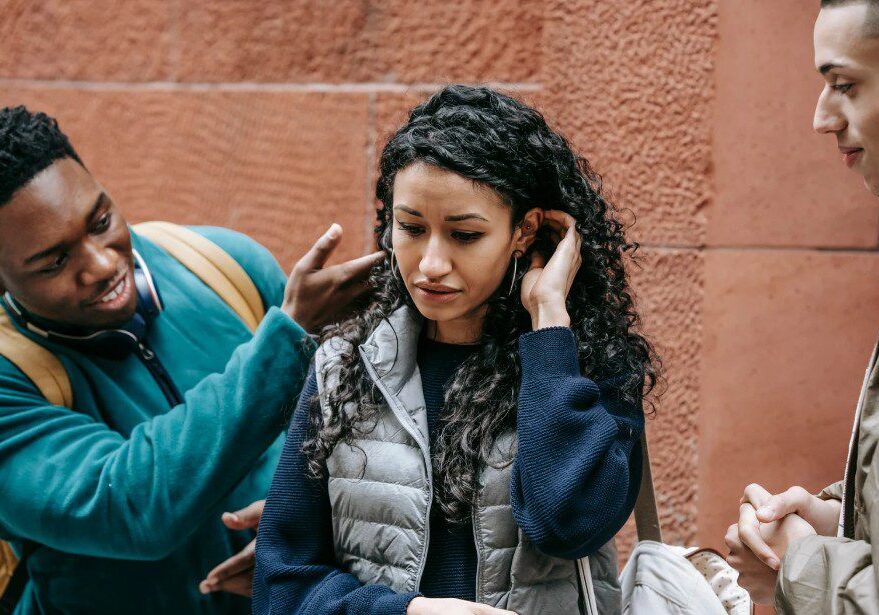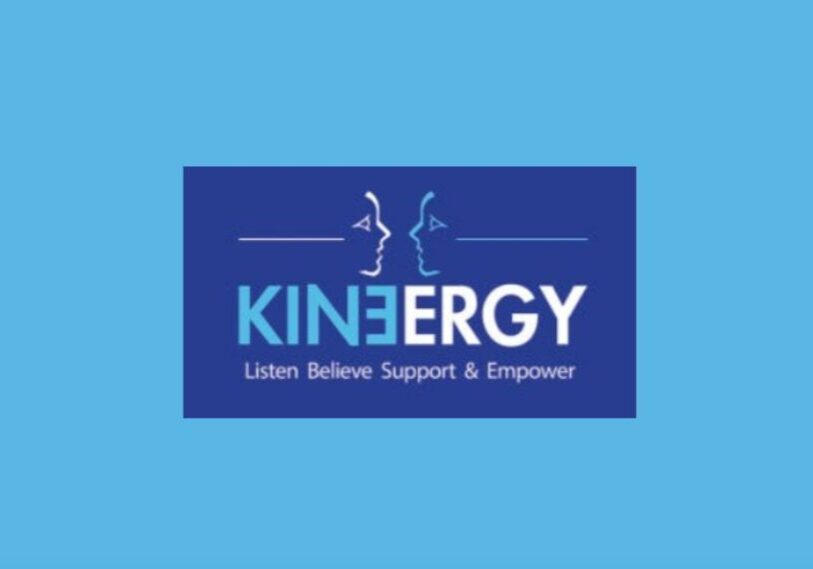Safeguarding and privacy
We are committed to safeguarding and promoting the welfare of everyone who uses our services.
We believe safeguarding is everyone’s business. Safeguarding is a specific activity that is undertaken to protect children and adults in need of care and support who are suffering, or are at risk of suffering harm.
Safeguarding children and young people policy
SARSAS privacy statement
We take your privacy very seriously. It is the very ethos of the organisation and a fundamental part of creating trust between our clients, staff and volunteers. All members of staff, volunteers and trustees must maintain strict confidentiality regarding any information about anyone connected to SARSAS.
Information we collect from you
If you use the helpline, you will not be required to provide any details about yourself. If you use other services, we will only hold minimal information in order to contact you, for example, to cancel an appointment. From time-to-time, we will check that the information is up-to-date.
If details of counselling sessions are held on record for the benefit of your support, only essential details will be recorded and they will be stored securely. Any information used for statistical or reporting purposes will be completely anonymised.
Sharing information with third parties (people or organisations outside of SARSAS)
No information will be shared with a third party outside SARSAS without written consent from the relevant person (except in circumstances set out below).
Situations when it may be necessary to break confidentiality
- when a child or adult with care and support needs is at risk of harm through abuse or neglect (see Child Safeguarding Policy and Safeguarding Adults Policy)
- when there is a serious risk of harm to the service user or others
- when there is a court order or other legal requirements.
The decision on whether to break confidentiality will be decided on a case-by-case basis and always in agreement with the CEO, or in their absence, the Designated Safeguarding Lead (DSL).
Security and data retention
We will keep your information safe from unauthorised access, unlawful processing, accidental loss, destruction or damage. We will retain your information for a reasonable period or as long as the law requires. It will then be safely destroyed.
Accessing and updating
You can request access to the information held on you, amend it or if it is not a legal requirement to keep it, ask to have it deleted. For full details on how to access your data please view our Privacy and Data Protection Policy.
Cookies
What are cookies?
A cookie is a string of information that a website (in this case www.sarsas.org.uk) stores about a website visitor’s computer. When a user visits our website if the cookies are enabled their computer browser provides information to the website www.sarsas.org.uk.
Why do we collect information from cookies?
We use cookies track how visitors use our website and what their preferences our to improve how our users engage with our site. We use Google Analytics which uses cookies to track visitor usage. This does not store, save or collect personal information.
How can you disable cookies?
If you do not want to share information via cookies you can change the use of cookies on your computer or device. You will need to access your web browser security settings to block cookies.
In this section
The latest from our news and blogs

Be the change: how to be an Active Bystander
We can all be bystanders. Every day events unfold around us. At some point, we will register someone in danger. When this happens, we can decide to do or say something (and become an active bystander), or to let it go (and remain a passive bystander).

Kinergy closure statement
We are deeply saddened by the closure of Kinergy, an organisation that has provided invaluable support to survivors of sexual violence for nearly 30 years.

The power of creativity in healing: songs of survival
Recently, two people reached out to us independently, each having recorded a song about their personal experiences of sexual violence. Their powerful and deeply moving songs serve as a testament to resilience, and we’re honoured they asked us to share their work.


